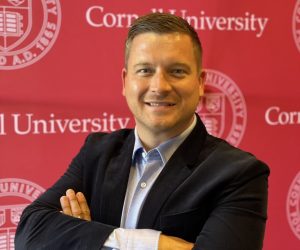Chemical research boost for CSS

A SMALL Manchester chemical research company has been awarded a £600,000 grant to fund research into a new solar cell technology.
Colour Synthesis Solutions, a spin-out of the University of Manchester in 2007, will receive the R&D funding from the Technology Strategy Board over the next three years.
The company, based in Hexagon Tower, the chemical and bio-tech science park in Blackley, North Manchester, is working on the project with two international partners, German multinational Merck and Israel-based renewable energy company 3G Solar.
CCS will focus on developing novel, high efficiency sensitizer dyes required for advanced Dye Sensitized Cells (DSC), a high efficiency, lower-cost alternative to traditional silicon based solar cells.
It is hoped that the new cells developed by the three way project, named COBRA, will allow for more efficient solar energy generation in lower light areas – making solar a more realistic alternative to fossil fuels across the planet, particularly for the developing world where the cost of silicon cells still proves prohibitive.
CSS has nine chemists on its staff, with the potential for further rapid growth over the coming years. Recently, Dr Karine Ellis, a specialist in the design and synthesis of molecules optoelectronic properties, has joined the team from Cambridge Display Technologies.
Project leader Anthony Lawrence said: “Although Colour Synthesis Solutions has already a track record of working with some of the world’s biggest chemical companies, COBRA marks a very exciting new move into renewable energy for CSS. The global solar market is worth an estimated £100bn – with DSC cells having the potential to be a real game changer.
“I’m proud to say that CSS was Merck and 3G Solar’s first choice partner for this project – which is testament to the huge strides we’ve made as a company over recent years.”
As well as COBRA, CSS has delivered solutions to some of the world’s leading chemical manufacturers – including Henkel, P&G and Unilever.








